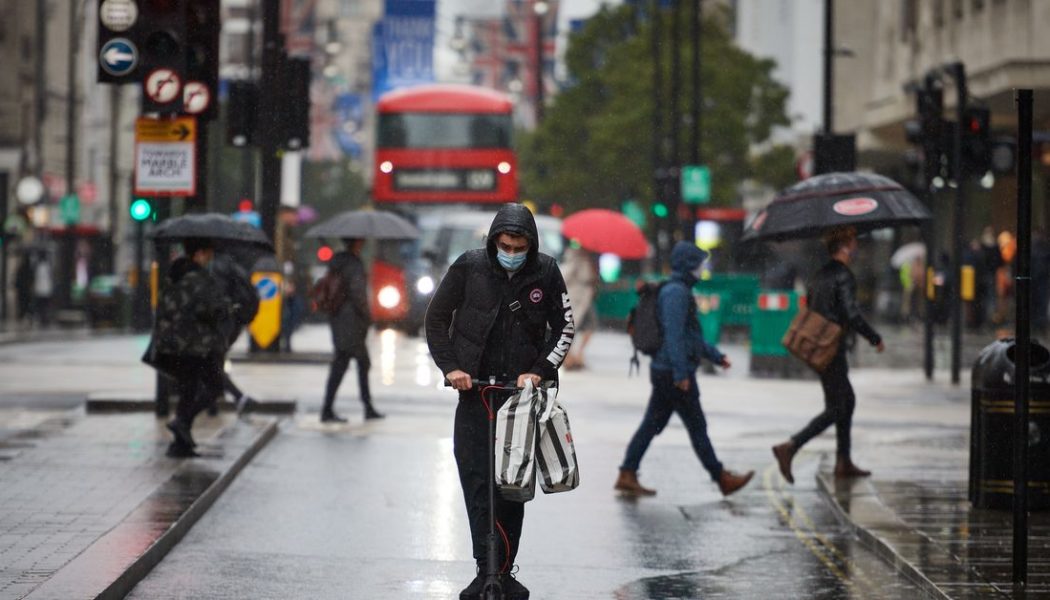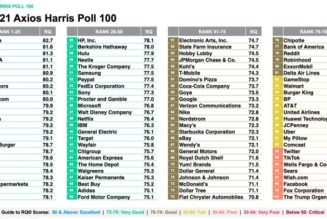
London’s long-awaited electric scooter trials will begin next month on June 7th, the city’s transport authority and local councils announced today. Three scooter companies have been selected to offer rentals for up to 12 months as part of the pilot program: Dott, Lime, and Tier. Privately owned electric scooters will continue to be illegal to ride on streets.
The selected companies will initially offer scooters to rent across six boroughs and local authorities in London: Ealing, Hammersmith and Fulham, Kensington and Chelsea, Richmond upon Thames, the City of London, and Canary Wharf. While rentals will not be available in Tower Hamlets, Londoners will be able to ride their rented scooters through the borough. Lambeth and Southwark boroughs are also seeking to participate in the trial.
This might sound like a long list of areas, but it’s just a fraction of the 32 boroughs that make up the UK’s capital. London’s transport authority Transport for London (TfL) says more areas are expected to join the trial as it progresses.
While rented electric scooters have become a common sight across many cities around the world, the UK has been much slower to embrace the new form of transport. Until recently, electric scooters were completely illegal to ride on British streets. It was only in July last year that the situation started to change, with the government allowing trials of electric scooter rentals. But outside of the pilot programs, privately owned electric scooters are still illegal to ride on public roads.
TfL’s announcement specifically cites the pandemic as a key reason for the importance of the new method of transport. Rather than having people flock to cars as a way of avoiding crowded buses and trains, authorities want electric scooters to offer an environmentally friendly and socially distanced way of getting around. “We’re doing all we can to support London’s safe and sustainable recovery from the coronavirus pandemic and it’s clear that e-scooters could act as an innovative, greener alternative to car trips,” said TfL’s electric scooter trial lead Helen Sharp.
Each electric scooter rental company will have to comply with a host of safety requirements to offer rentals in the city. Speeds will be capped at 12.5 miles per hour (reducing to eight miles per hour in specified “go-slow” areas), and scooters will be required to have always-on front and rear lights. They’re also required to have “audible warning systems” that riders can operate without taking their hands off the handlebars. The scooters will also be equipped with geofencing to ensure that they’re correctly parked in designated locations, and operators will have to collect them if they’re not.
Scooters can be ridden on roads and cycle paths but not on sidewalks. When the government announced the start of the trials last year, it said riders would have to be over the age of 16 and have at least a provisional car, motorcycle, or moped license to ride. We’ve reached out to TfL to clarify whether these requirements will apply to the London trials. Riders will also need to take an “e-learning safety course” before hiring their first scooter in the capital.
London will be far from the first city in the UK to have launched its electric scooter trials. Zag has compiled a list of over 50 trials that have been launched across the country over the past year.
Despite technically being illegal to use on public streets, privately owned electric scooters have become an increasingly common sight in London. National retailers like Halfords sell a range of models, although Halfords’ website carries a warning that they’re only legal on private property with the owner’s permission.
The three scooter operators chosen for London’s trials already offer rentals in other cities around the world. Dott offers rentals across 16 cities in Europe, while Tier serves 100 cities across 12 countries. As well as offering electric scooter rentals in other cities, Lime has previously offered electric bike rentals in London. Notably absent from the list is Bird, which has offered electric scooter rentals on private property in London’s Olympic Park. London has joined Paris in deciding against allowing the company to operate on its streets, even after it announced a massive $150 million European expansion.
As well as setting their own pricing, individual scooter operators are offering some unique features. Tier, for example, is installing charging pods in local businesses across the city and will give users free rides if they exchange their scooters’ drained battery for a fully charged one at a charging station.










